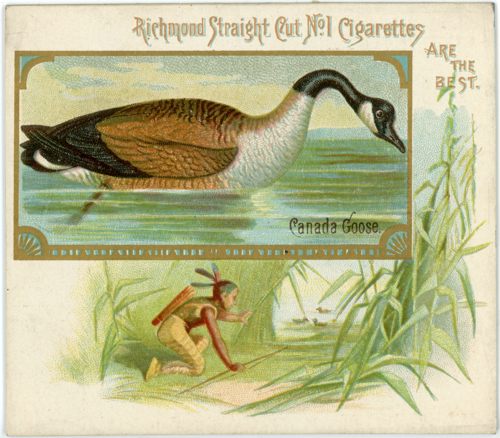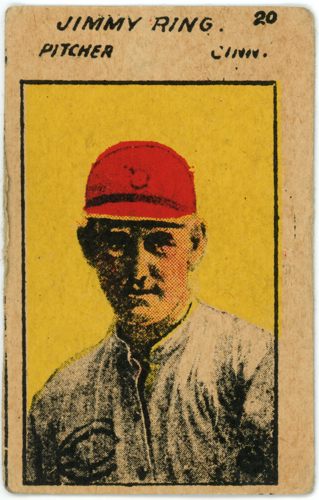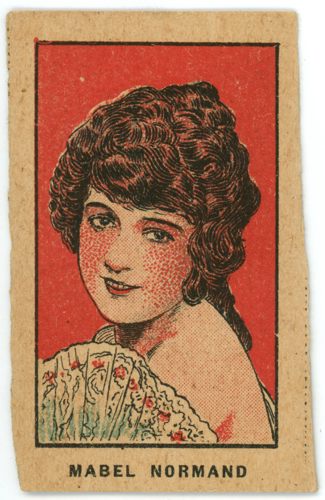- Art Home
- Exhibitions
-
Explore the Collection
- Explore the Collection Home
- African Art
- American Paintings, Sculpture and Drawings
- Contemporary
- Decorative Arts and Design
- East Asian Art
- European Paintings, Sculpture and Drawings
- Fashion Arts and Textiles
- Musical Instruments
- Indigenous American Art
- Photography
- Prints
- South Asian Art, Islamic Art and Antiquities
- Conservation
- Meet the Curators
- Digital Resources
- Events & Programs Home
- Calendar
- Accessibility
- Adults
-
Families & Teens
- Families & Teens Home
- 10x10 Teen Art Expo
- Art on the Rise
- Art Together: Art Making for Families with Children Ages 3–5
- Baby Tours
- Boy Scouts / Girl Scouts
- CAM Kids Day
- Choose Your Own Gallery Adventure
- Family Storytime and Gallery Walk
- Family Studio: Art Making for Families with Children Ages 6–12
- REC Reads
- Rosenthal Education Center (REC)
- See Play Learn Kits
- Summer Camp
- Teachers
- Community Outreach
- Fundraisers
- Plan Your Own Event

- Art Home
- Exhibitions
-
Explore the Collection
- Explore the Collection Home
- African Art
- American Paintings, Sculpture and Drawings
- Contemporary
- Decorative Arts and Design
- East Asian Art
- European Paintings, Sculpture and Drawings
- Fashion Arts and Textiles
- Musical Instruments
- Indigenous American Art
- Photography
- Prints
- South Asian Art, Islamic Art and Antiquities
- Conservation
- Meet the Curators
- Digital Resources
- Events & Programs Home
- Calendar
- Accessibility
- Adults
-
Families & Teens
- Families & Teens Home
- 10x10 Teen Art Expo
- Art on the Rise
- Art Together: Art Making for Families with Children Ages 3–5
- Baby Tours
- Boy Scouts / Girl Scouts
- CAM Kids Day
- Choose Your Own Gallery Adventure
- Family Storytime and Gallery Walk
- Family Studio: Art Making for Families with Children Ages 6–12
- REC Reads
- Rosenthal Education Center (REC)
- See Play Learn Kits
- Summer Camp
- Teachers
- Community Outreach
- Fundraisers
- Plan Your Own Event
Blog
Blog
- Home
- Plan Your Visit
-
Art
- Art Home
- Exhibitions
-
Explore the Collection
- Explore the Collection Home
- African Art
- American Paintings, Sculpture and Drawings
- Contemporary
- Decorative Arts and Design
- East Asian Art
- European Paintings, Sculpture and Drawings
- Fashion Arts and Textiles
- Musical Instruments
- Indigenous American Art
- Photography
- Prints
- South Asian Art, Islamic Art and Antiquities
- Conservation
- Meet the Curators
- Digital Resources
-
Events & Programs
- Events & Programs Home
- Calendar
- Accessibility
- Adults
-
Families & Teens
- Families & Teens Home
- 10x10 Teen Art Expo
- Art on the Rise
- Art Together: Art Making for Families with Children Ages 3–5
- Baby Tours
- Boy Scouts / Girl Scouts
- CAM Kids Day
- Choose Your Own Gallery Adventure
- Family Storytime and Gallery Walk
- Family Studio: Art Making for Families with Children Ages 6–12
- REC Reads
- Rosenthal Education Center (REC)
- See Play Learn Kits
- Summer Camp
- Teachers
- Community Outreach
- Fundraisers
- Plan Your Own Event
- Give & Join
- About
- Tickets
- Calendar
- Exhibitions
- Blog
- Shop
Mary R. Schiff Library and Archives June Display: Trading Cards
by Geoff Edwards
6/16/2017
Mary R. Schiff Library and Archives , Trading Cards , library , archives , CAM
If you visit the Mary R. Schiff Library during June, you can see a display of collectible trading cards from the 1880s through the 1920s. The examples on show come from the museum’s archives, and are drawn from a number of different sets originally issued by tobacco companies as an incentive to purchase their products.

As well as cards featuring “Game Birds” and “Fancy Dress Costumes”, we also have a selection of champion pugilists (boxers, if you prefer), oarsmen, and baseball players, including the Reds’ own Jimmy Ring (1895-1965) – no, I hadn’t heard of him either.

There’s also a set of cards showing silent movie stars of the 1920s. Though most are largely forgotten today, they were the Jennifer Lawrences and Bradley Coopers of their day. Mabel Normand (1892-1930), for example, was an actress, screenwriter, director, and producer. At the height of her career she was making $3,500 per week – that’s over $50,000 in today’s money.

The modern trading card evolved from late 17th century “trade cards”. Popular in Great Britain and France, these were handed out by business owners as a means of promoting their trade or business.
In the Victorian period, a typical trade card had a picture on one side and an advertisement on the other. As they became increasingly attractive and colorful, the cards became collectible in their own right. Seeing a marketing opportunity, the tobacco industry started to include cards in packets of cigarettes in the late 19th century. Released in sets to encourage customer loyalty, the cards featured a range of subjects, everything from historic figures and sporting stars to gemstones and lighthouses. These cigarette cards would eventually evolve into the modern trading card.
Cincinnati, OH 45202
Toll Free: 1 (877) 472-4226
Museum Hours
Museum Shop
Terrace Café
Library
The Cincinnati Art Museum is supported by the generosity of tens of thousands of contributors to the ArtsWave Community Campaign, the region's primary source for arts funding.

Free general admission to the Cincinnati Art Museum is made possible by a gift from the Rosenthal Family Foundation. Exhibition pricing may vary. Parking at the Cincinnati Art Museum is free.
Generous support for our extended Thursday hours is provided by Art Bridges Foundation’s Access for All program.

General operating support provided by:



